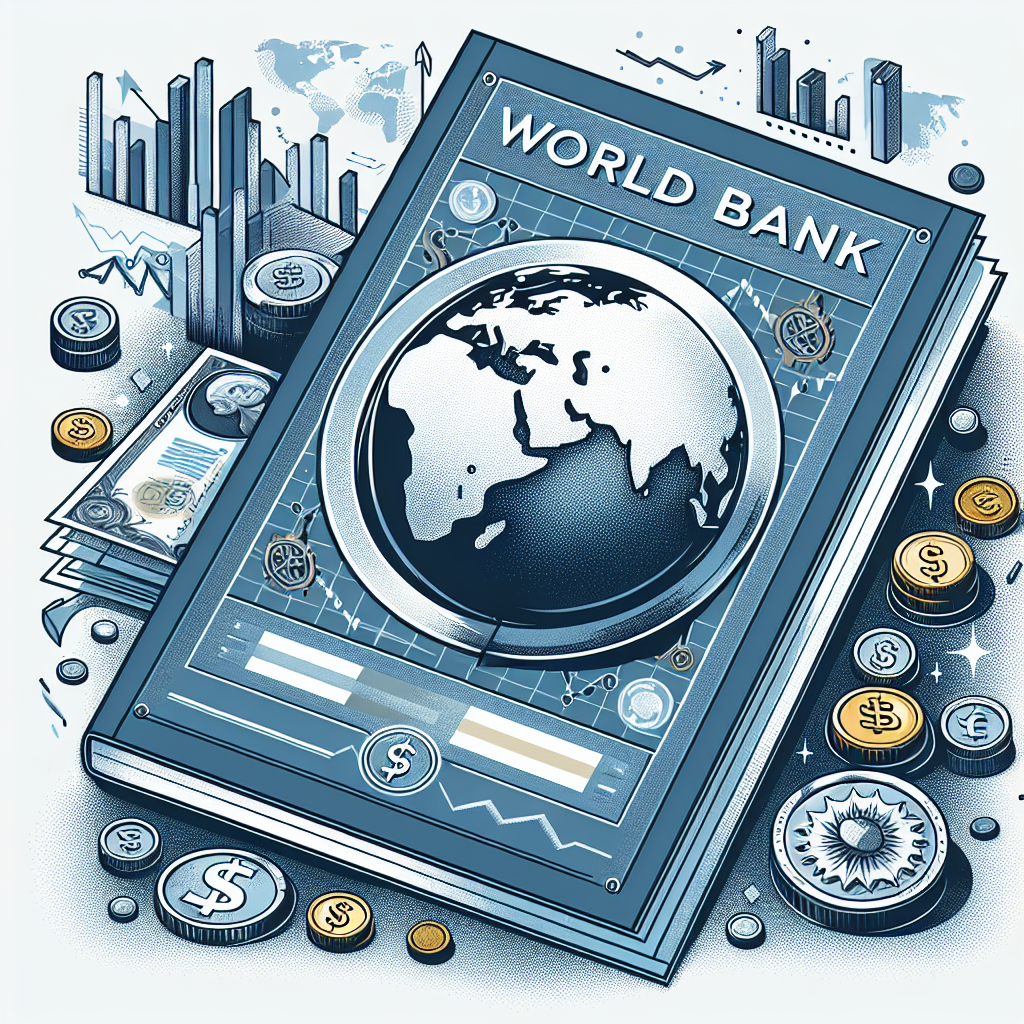World Bank: Stronger land governance key to sustaining Timor-Leste’s growth
The analysis concludes that fragmented and inefficient land administration is holding back inclusive and sustainable growth.

- Country:
- Timor-Leste
Timor-Leste’s economy recorded a robust 4.1 percent growth in 2024, its fastest expansion in years, according to the World Bank. While growth has continued into 2025, experts caution that maintaining this momentum will depend on structural reforms to reduce reliance on oil revenues, diversify income sources, and modernize public financial management.
The findings were presented in the September 2025 edition of the World Bank’s Timor-Leste Economic Report (TLER), titled “Land of Opportunities: How Land Administration Can Power Timor-Leste's Economic Transformation.” The report highlights the crucial role of land governance in shaping the country’s development prospects.
Land governance as a foundation for prosperity
The analysis concludes that fragmented and inefficient land administration is holding back inclusive and sustainable growth. Despite progress in building the legal framework for land administration, implementation challenges—such as overlapping claims, weak institutions, and limited technical capacity—have slowed reform.
International experiences underline the importance of systematic reform. Rwanda demonstrated how secure land titling boosted agricultural productivity and public revenues, while Indonesia showed that improved land administration systems can unleash private sector investment and stimulate job creation.
“Land is Timor-Leste’s most valuable asset,” said David Freedman, World Bank Group Resident Representative for Timor-Leste. “An efficient system for land titling, secure and fair land rights can stimulate private investment, create more jobs, drive growth and help reduce poverty.”
The “7 Ps” roadmap for reform
To unlock growth, the report proposes a “7 Ps” roadmap that provides a comprehensive framework for modernizing land governance:
-
Policy – Establish clear policies on land rights and ownership.
-
Protection – Ensure fair and secure rights for all landholders, including vulnerable groups.
-
Planning – Integrate land use planning with national development priorities.
-
Past Data – Systematically document historical land claims and usage.
-
People – Build the human capital and institutional capacity to manage land administration.
-
Processes – Streamline and simplify administrative procedures to improve efficiency.
-
Platform – Invest in digital platforms for mapping, titling, and public access to land data.
The World Bank stresses that adopting this framework could unlock private sector investment, increase productivity, and reduce poverty by ensuring transparent, secure, and fair land management.
Reducing dependence on the Petroleum Fund
The report also underscores the urgent need for Timor-Leste to reduce its dependence on the Petroleum Fund, the country’s main source of fiscal revenue. Heavy reliance on withdrawals poses long-term risks to fiscal sustainability.
Diversifying domestic revenues—through more efficient tax collection and non-oil revenue generation—combined with more effective public spending, would allow Timor-Leste to strengthen its resilience to external shocks and prepare for a post-petroleum future.
Building resilience and inclusive growth
The TLER is the World Bank’s flagship biannual economic report on Timor-Leste, providing evidence-based analysis to guide policy. The September 2025 edition stresses that land governance is not only about property rights, but also about laying the groundwork for economic diversification, private investment, and inclusive growth.
By addressing land administration bottlenecks and implementing reforms, Timor-Leste can transition from dependence on natural resource wealth to a more resilient, diversified, and equitable economy.










